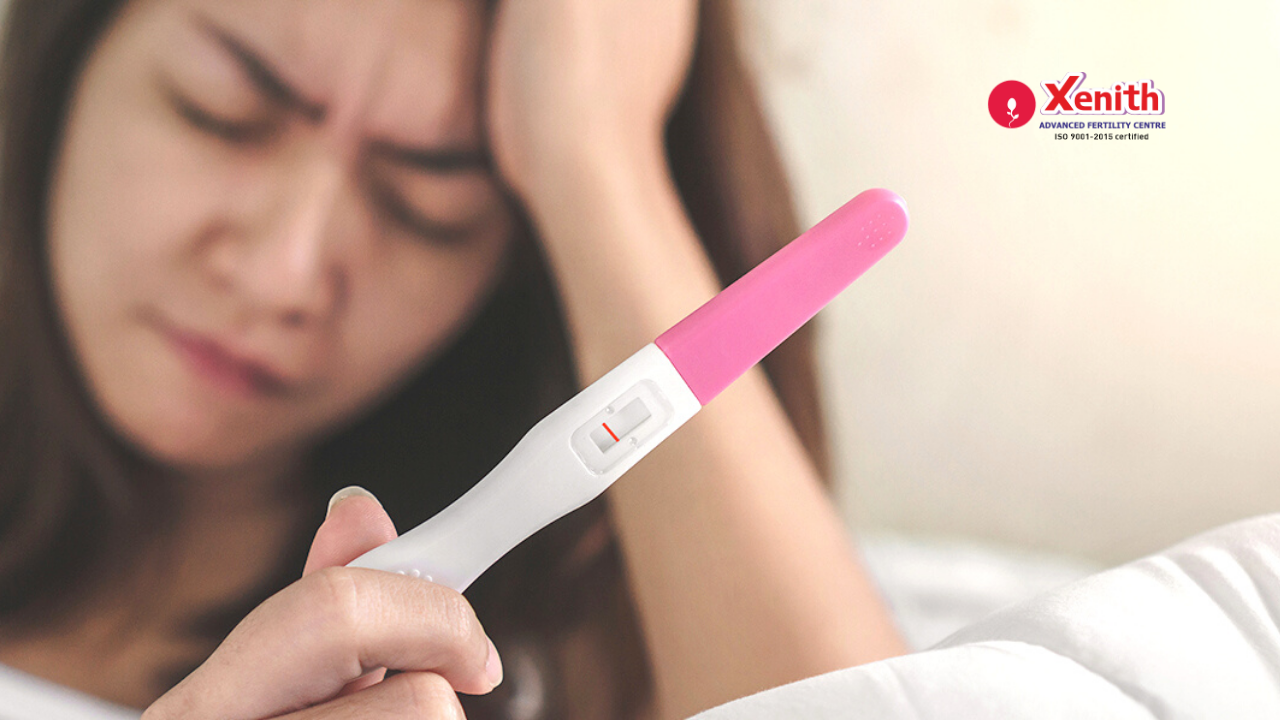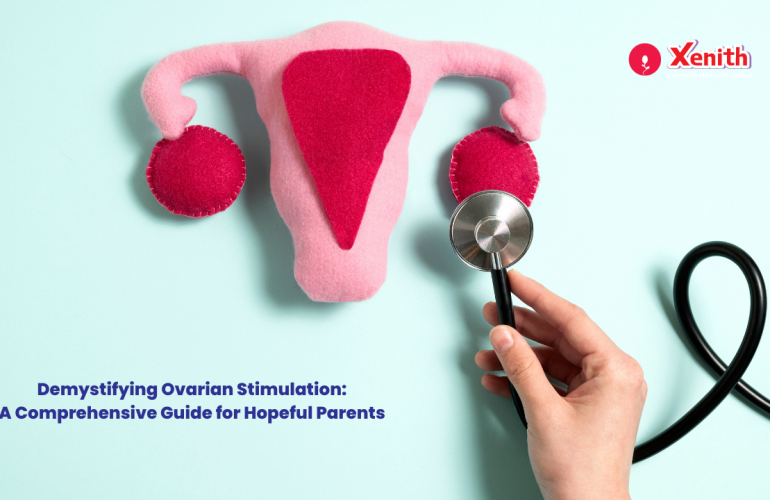One of the hardest things couples have to deal with after IVF is a failed pregnancy. Failed IVF treatments can be painful and traumatic taking an emotional and financial toll. It is normal to feel sadness and a sense of frustration.
Possible reasons for pregnancy failure after IVF treatment

Free Thursday Consultation
Book Your AppointmentIt is true that some research suggests that there is a slightly elevated risk of failed pregnancy for women who use IVF and get pregnant with a single embryo. This risk is not associated with the IVF procedure but rather with the underlying causes that have led to infertility treatment. A couple of possible reasons are described below:
Advanced age: Women who go through IVF treatment tend to be older and this in itself is associated with a higher risk of miscarriage.
Underlying health problems: Women undergoing IVF treatment are more likely to have had some previous health problems or chronic health conditions like being overweight, diabetes, or thyroid issues.
Implantation issues: The chances that an embryo will implant in the uterine cavity even after using top-quality embryos is about 60%. This means that even after transferring good quality embryos implantation is not guaranteed. At the same time since the eggs, sperms or the endometrial lining could be compromised in patients going through IVF, these factors could also be a factor resulting in an unsuccessful pregnancy.More than one attempt at IVF may be needed for couples to conceive. However, a failed cycle causes disappointment, and here are a couple of suggestions to help you get back on track after a failed attempt.
How to take care of yourself after a failed attempt
Whatever the reasons are, couples need to take special care after a failed pregnancy. It is important that women take care of themselves after an unsuccessful attempt to ensure fast recovery of the body and mind. Here are a few tips:
Recouping physically- It is important to take a rest for the body and let menses set after all hormonal medication has been stopped.
Avoid doing very heavy work: Don’t engage in heavy-duty work that may make you overtired and strain our muscles. Avoid intense workouts at the gym to help your body recover from any physical exertion. Try some mild exercises like doing some breathing techniques or yoga which can relieve stress.
Take any medications that may have been advised: These should be taken under the doctor’s advice and at the proper time. Follow the complete course as may be advised and continue taking folic acid supplements.
Give yourself time and space to grieve: Take it slow. Some days will be better than others. Focus on getting through one day at a time.
Let go of personal blame: Sometimes women begin blaming themselves and go through the “What if…” process thinking that could have avoided a failed pregnancy “if only they had not ….” There is no way to avoid a failed pregnancy. Women should not blame themselves.
Seek support when ready: Talk with your partner because he might not cope with grief the same way you do. So be open and honest with each other. Talk to close friends or family for support or if you don’t feel comfortable talking to them, speak to a counselor or a spiritual adviser. Join a support group because sharing with others who are also dealing with failed pregnancy might help you deal with your own sense of loss. If feelings of depression seem prolonged or you are having trouble completing your normal routine or have trouble dealing with feelings of loss, consult your doctor, mental health provider for professional support.
Eat a healthy diet: Consume warm nourishing foods, drink lots of water and take an iron supplement or iron-rich foods and multivitamins.
Keep a journal: Some women find a sense of relief by writing in a journal. It can be thoughts, prose or even poetry — express your feelings on paper to let go of the pain.
Listen to music: Music can be a therapy in itself and can help some women keep their spirits up.
Contact your doctor: It is best to consult your doctor to discuss what the possible reasons could have been. A detailed PreIVF evaluation and assessment to rule out conditions that may lead to failure of the IVF treatment is important and is always done at Xenith. Talking to your doctor and understanding possible causes and options will help.
What next?
Couples need to remember that one or two failed cycles don’t mean that pregnancy will never happen. A failed pregnancy can indicate that you need more time or a different treatment plan. Discuss with your doctor the next steps you need to take. You may want to ask questions like:
What could the possible reasons be?
Will another IVF cycle results in success?
What are the different treatment options open?
What are the additional tests that may be required? Coping with infertility is not easy for couples. A failed pregnancy after IVF makes it even more difficult. Xenith Advanced Fertility Clinic has some of the highest success rates for IVF treatment. With proper diagnosis and attention to detail before starting the cycle itself and using the right treatment option, we give couples a greater chance to succeed. Contact us at Xenith Advanced Healthcare to schedule an appointment.




